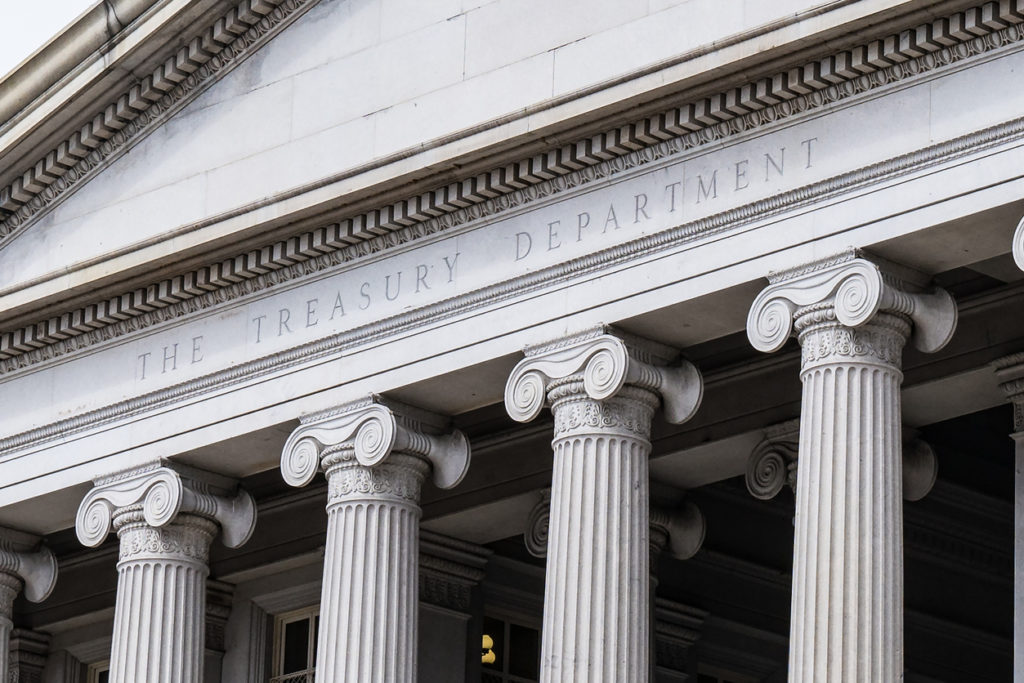“The Economic Impact of Repealing or Limiting Section 1031 Like-Kind Exchanges In Real Estate”
PROF. DAVID C. LING, PHD, UNIVERSITY OF FLORIDA
PROF. MILENA PETROVA, PHD, SYRACUSE UNIVERSITY
First report publication: July 9, 2015
Supplemental Report
“The Benefits and Costs of Tax Deferral:
An Analysis of Real Estate Tax-Deferred Exchanges”
Prof. David Barker, PHD, University of Iowa
PROF. DAVID C. LING, PHD, UNIVERSITY OF FLORIDA
PROF. MILENA PETROVA, PHD, SYRACUSE UNIVERSITY
Supplemental report publication: August 20, 2017
OVERVIEW
An in-depth study of the US commercial real estate market highlights the critical role that Section 1031 like-kind exchanges, or “1031 exchanges” play in stabilizing rents, safeguarding property values and strengthening our economy. Professor David C. Ling (Univ. of Fla.) and Prof. Milena Petrova (Syracuse Univ.) also detail the implications that a repeal of Section 1031 would have on the commercial real estate industry in the United States.
Reviewing more than 1.6 million commercial real estate transactions between 1997 and 2014, the study’s authors found the widespread use of Section 1031 improves liquidity and increases investment in the real estate market. The findings also show that some perceptions about the provision are false.
Like-kind exchange rules have led to a more dynamic real estate sector—one that encourages reinvestment and building improvement activity and allows real estate owners to better allocate resources. The rules lead to lower levels of debt in commercial and multifamily real estate markets. Like-kind exchanges are integral to a strong and prosperous real estate market, stimulating job creation, investment and economic growth.
The temporary tax deferral provided by like-kind exchanges contributes not only to an increase in real estate investment but also an increase in overall taxes paid to the Treasury. The study finds that government figures for the cost of Section 1031 like-kind exchanges are likely largely overstated and the benefits of the provision are overlooked.
Highlights & Key Findings
The study finds significant benefits from Section 1031 like-kind exchanges:
- Like-kind exchanges encourage investment.
- Like-kind exchanges contribute significant federal tax revenue.
- Like-kind exchanges lead to job creation.
- Like-kind exchanges result in less debt.
- Repeal would have a negative impact on real estate values.
- Revenue loss to the government is overstated due to a variety of factors.

Documents
LOCAL REAL ESTATE MARKETS BENEFIT FROM LIKE-KIND EXCHANGES
- Use of like-kind exchanges is widespread.
- Perceptions about indefinite deferral or tax avoidance are false. The overwhelming majority of exchanged real estate replacement properties are eventually disposed of in a taxable sale resulting in substantially more tax being paid than would have been due had the exchange not occurred.
- Like-kind exchanges contribute significant federal tax revenue. Exchanged properties later sold in a conventional, taxable sale produce an increase of approximately 19% in taxable gain over non-exchanged properties subsequently sold in a conventional sale.
- Section 1031 leads to property improvements. Section 1031 investors make greater capital improvements to real estate properties acquired through an exchange than properties purchased by the same owner through an ordinary sale.
- Like-kind exchanges lead to higher investment in property. Investment in exchanged property is an average of 33% of the property value—higher than acquisitions by the same investor in a property acquired following a conventional sale.
- Like-kind exchanges result in less debt. Investors in like-kind exchanges use 6% less leverage compared to ordinary acquisitions. This makes the real estate market more stable and reduces financial system-wide risk.
- Like-kind exchanges promote real estate sales activity. Holding periods for properties acquired through Section 1031 like-kind exchanges are shorter.
- Like-kind exchanges promote taxable gain, benefiting the Treasury in increased tax liabilities. Exchanged properties later sold in conventional, taxable sales produce an increase of approximately 19% in taxable gain over non-exchanged properties subsequently sold in a conventional sale.
REPEAL OF SECTION 1031 WILL HAVE A NEGATIVE IMPACT ON THE REAL ESTATE MARKET
The study finds that real estate owners and tenants would likely see negative consequences from the elimination of real estate exchanges including:
- Decreases in real estate prices;
- Long-term increases in rents;
- Decreases in real estate investment;
- Increases in investment holding periods; and
- Greater reliance on the use of debt rather than equity.
About the Authors
Professors David C. Ling of the University of Florida and Milena Petrova of Syracuse University were commissioned to conduct this study in response to legislative proposals to repeal Section 1031. Dr. David Ling is a finance professor at the University of Florida’s Warrington College of Business and past president of the American Real Estate and Urban Economics Association. Dr. Milena Petrova is a finance professor at Syracuse University’s Whitman School of Management.
Ling & Petrova, 2015 Study Sponsors
The Real Estate Like-Kind Exchange Coalition is comprised of 14 national associations, including the Federation of Exchange Accommodators, representing over a million members involved in the real estate industry across the nation, representing commercial and industrial real estate, multi-family residential real estate, hotel properties and real estate investment trusts among others.
